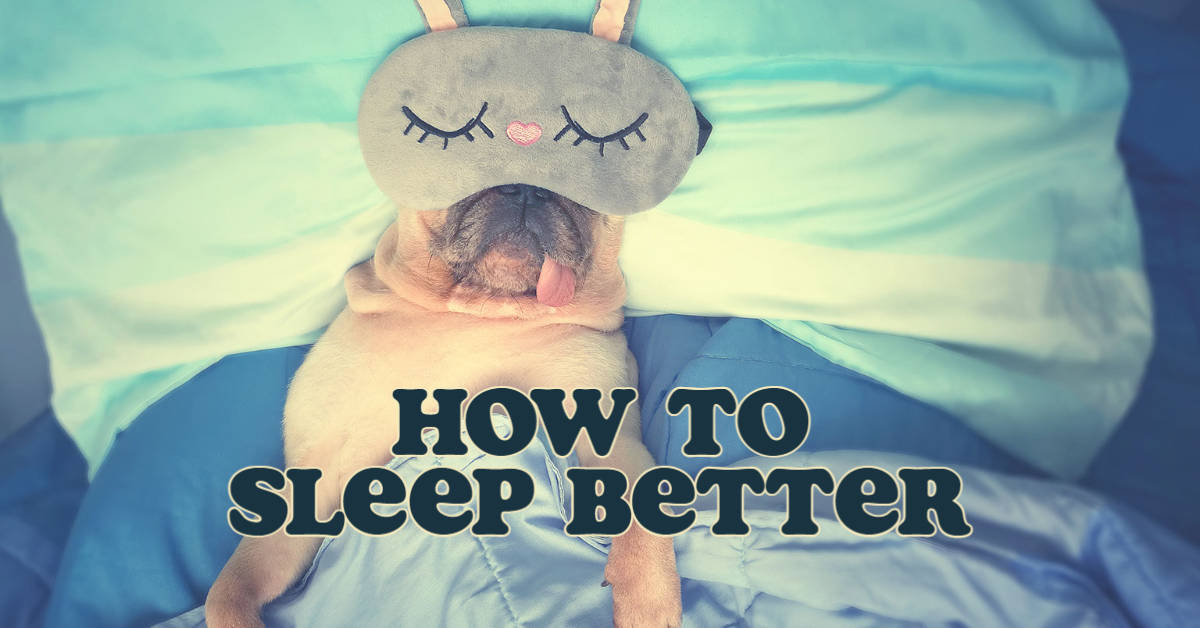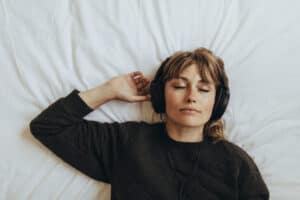Good sleep is a foundation for good health and a happier frame of mind. But when was the last time you woke up feeling refreshed, alert, and hopeful — ready to take on the day? Or, fell asleep easily without worry or effort?
Sleep is a complex matter. While it can be an indicator of difficulties, including anxiety and depression, many other factors can affect our sleep. If you find yourself unable to sleep, or waking up tired, frequently yawning during the day, or with an overwhelming desire to nap, ask yourself the following questions:
- When did this start? Fatigue and sleep difficulties are often seen with depression, but if the sleep disturbance came before the depressive disorder, it will likely remain after the depression has resolved.
- Know yourself. Is fatigue or sleep difficulties typically part of my pattern of depression? Or is it something that occurs with hormonal changes, seasonal patterns, medication or drug/alcohol use? Could I be “coming down” with something?
- Do I feel better after I have had a good night’s sleep?
- Are my sleep difficulties chronic throughout my life or is this something that I expect to end and go back to better sleep?
What are some things you can do to get better sleep?
Create a restful environment & Good sleep hygiene habits
- Put away the electronics. Banish your phone/computer/television from your bedroom after 9PM (or within 2 hours of your bedtime, whichever comes first. If you are going to sleep at 10:00, put them away at 8:00).
- Dim the lights when you’re home at night. Instead of switching on a bright overhead light, think about lamps, a dimmer switch, or candles to create a more serene setting. In addition to being more low key, indirect light is less disruptive the body’s natural circadian rhythms.
- Make Your Room Cool and Dark. Most experts agree that the sweet spot for temperature is between 60 and 67 degrees Fahrenheit. According to a National Sleep Foundation poll, 73% of Americans say the darker the room the better. 65% of people use shades, curtains, or blinds to block unwanted light.
- Set a sleep routine. A routine where you get into bed around the same time each day, and wake up at the same time each morning (as opposed to staying up late and sleeping in on weekends). Some activities (meditation, prayer, relaxation, stretching) to encourage the body and mind to slow down before bed can help.
- Regular Exercise and gentle yoga stretches before bed. Most people find they sleep better if they have moved more during the day. Strenuous exercise should be done earlier to allow your body time to slow your heart rate back down before you try to go to sleep. But stretching, yoga, tai chi and other “gentler” activities can help relax the muscles and assist in falling and staying asleep. According to a survey by The National Center for Complementary and Integrative Health, more than 85% of those who practiced yoga reported reduced stress and 55% reported better sleep.
- Try a healthy snack. Some nutritional recommendations for better sleep including eating some protein before bed, and recently, food that has healthy fat, like full fat dairy (cheese or whole milk) or nut butter. You don’t want to eat too much and try to sleep on a full stomach, but try a small snack towards the end of the evening. Even a single slice of cheese (1 0z) can help calm the brain. If you have a sensitive digestive system, try eating a light snack approximately 45 minutes before you lay down.
- Limit caffeine and alcohol later in the day. Part of the winding down process at night actually begins during the day. It includes exercising early, limiting caffeine — coffee, tea, and soda — after lunch, avoiding foods that might upset your stomach, and perhaps skipping happy hour, since alcohol too late in the day can diminish sleep quality.
Solving your sleep difficulties can be a matter of treating anxiety, depression, or a pain condition, or simply making some lifestyle changes may help. Unfortunately, there’s no magic trick to get you sleeping better but there are some simple steps you can take to help you sleep better.
Souces: Dr. Ellen Diamond is the Clinical Psychologist for Ketamine Wellness Centers. Headspace article: 15 science-backed tips





